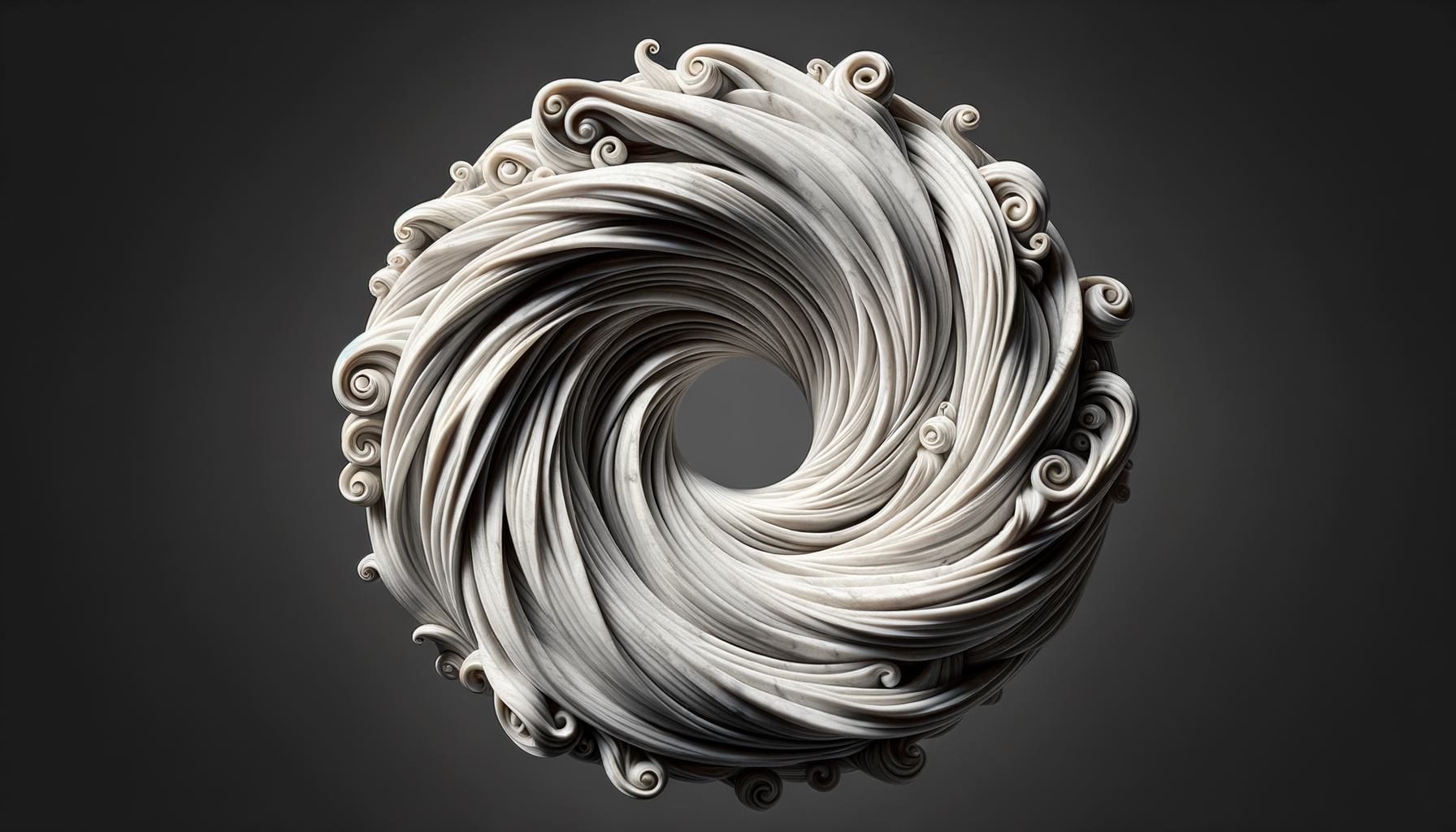The sky was falling, but I still had to eat noodles.
It all started with a breakup. A completely predictable, utterly cliché “it’s not you, it’s me” kind of breakup, except it felt like being drop-kicked into an existential crisis. I’d been in a four-year relationship with someone I was convinced was “The One” (note the capital letters—this was serious). We had playlists, in-jokes, and a dog that we thought about adopting but never did. It was steady. Solid. Built like the CN Tower of relationships—and just as unshakable. Or so I’d thought.
When she ended things on a cold November night at our favorite ramen spot, I barely said anything. I couldn’t get a word out because I had a mouth full of pork belly and broth, which would have been hilarious in literally any other situation. Instead, I choked, cried a little (discreetly, or so I told myself), and then walked home with dumpling sauce on my sweater. That was our last date, and if you haven’t fallen apart while slurping noodles, let me confirm: it’s a uniquely vulnerable experience.
Act One: The Self-Help Spiral
When you go through a major breakup, everyone suddenly has advice. Your persistent cousin sends you TikToks about healing. Your best friend invites you out for tequila shots, ready to burn old love letters. And, of course, your mom suggests therapy in a voice so gentle that it stings.
For me, breakups before this had been short-lived and feral—tears, rebounds, maybe a cryptic Instagram story. But this time, it felt deeper, like something inside me had dislodged. So I did what any self-respecting millennial would do: I googled “how to survive a breakup” at 2 a.m. The advice was highly practical but soul-numbingly repetitive: yoga, journaling, calling your friends. I wasn’t sure what I expected (maybe a magic wand?), but clearly, it was going to take more than sun salutations to piece myself back together.
That’s when I stumbled into the absurd overthink: What was I, at my core? Without the shared plans and Netflix queues, who was Daniel Fitzpatrick? And let me tell you, doing a personality audit at 3 a.m. is a lot less liberating than Instagram influencers make it seem. I wrote down things like “likes indie rock” and “eats Thai food probably too often,” which made me wonder if I even liked myself. I was, as the poets say, spiraling.
Act Two: The Renaissance That Wasn’t
About a week later, I tried to initiate some kind of post-breakup renaissance. A “let’s reinvent Dan” project, complete with a haircut, donating some clothes, and attempting to learn how to make sourdough. Because, of course, nothing screams emotional rebirth like yeast-based baking.
Spoiler alert: it was a disaster. My sourdough starter died within days (though in its defense, I forgot to feed it regularly). The haircut looked fine but only reminded me how often my ex used to run her hands through my hair. My donated clothes were replaced by terrible impulse buys in shades of “I’m trying too hard.” The lifestyle overhaul felt less like healing and more like one of those HGTV renovations that gets abandoned halfway through.
What saved me were small—and highly unimpressive—moments. Going for long walks in the Don Valley trails and realizing the city didn’t care about my chronological love life. Running into an old buddy from university and laughing for the first time in weeks over how we once failed an art history project because we misread the instructions. And binge-watching bad reality TV, specifically Love Is Blind, where strangers propose through walls—because nothing makes you question human connection like seeing Nick and Jessica fight for 11 episodes straight.
Act Three: The Good Stuff
Here’s what the post-breakup advice columns don’t quite tell you: healing isn’t linear, stylish, or even particularly Instagrammable. It’s less like a Zack Snyder superhero movie and more of an indie film where the protagonist eats cereal in their pajamas at 3 p.m.
Getting through it involved leaning into my quirks—quirks that had previously been logged as “things our relationship didn’t need.” I took myself to the ROM to see a new exhibit about Byzantine art (she never liked museums). I revisited my university love of sociology, reading books on urban loneliness (because who doesn’t want to get overly analytical when they’re sad, right?). And I finally invited myself to do the thing that scared me most: be alone.
Being alone wasn’t picturesque. It wasn’t me reading poetry by candlelight or soul-searching in some hypothetical Parisian café. It was discovering that I hate cooking for one and always forget to load the dishwasher on time. It was discovering that I fidget too much during quiet movies but also kind of love the silence.
The best part? Along the way, a very subtle shift began to happen. Somewhere between the failed sourdough and my third solo ramen trip, I started to stop obsessing over what I’d lost and started appreciating what was left. Myself. Pretentious exhibits. Terrible reality TV. Friends who sent me memes about raccoons in Toronto garbage cans because they thought I’d laugh—and I did.
The Takeaway
Looking back, what I didn’t understand about resilience (or breakups, for that matter) is that it doesn’t come from seismic transformations. It doesn’t come from dramatic gestures or someone else showing up to fix you. It comes from surviving a little every day and slowly realizing you're capable of rebuilding.
Here’s the good news: the noodles I choked on that night didn’t ruin ramen for me forever. In fact, it’s still one of my favorite meals. Because even when the sky feels like it’s falling and life is a swirling mess of broth and tears, you learn something you never thought you’d notice: survival, even when it’s hard, is absolutely possible. You’ll eat noodles again. You’ll laugh. You’ll walk into the storm of it all and come out the other side, dumpling sauce stains and all.




















